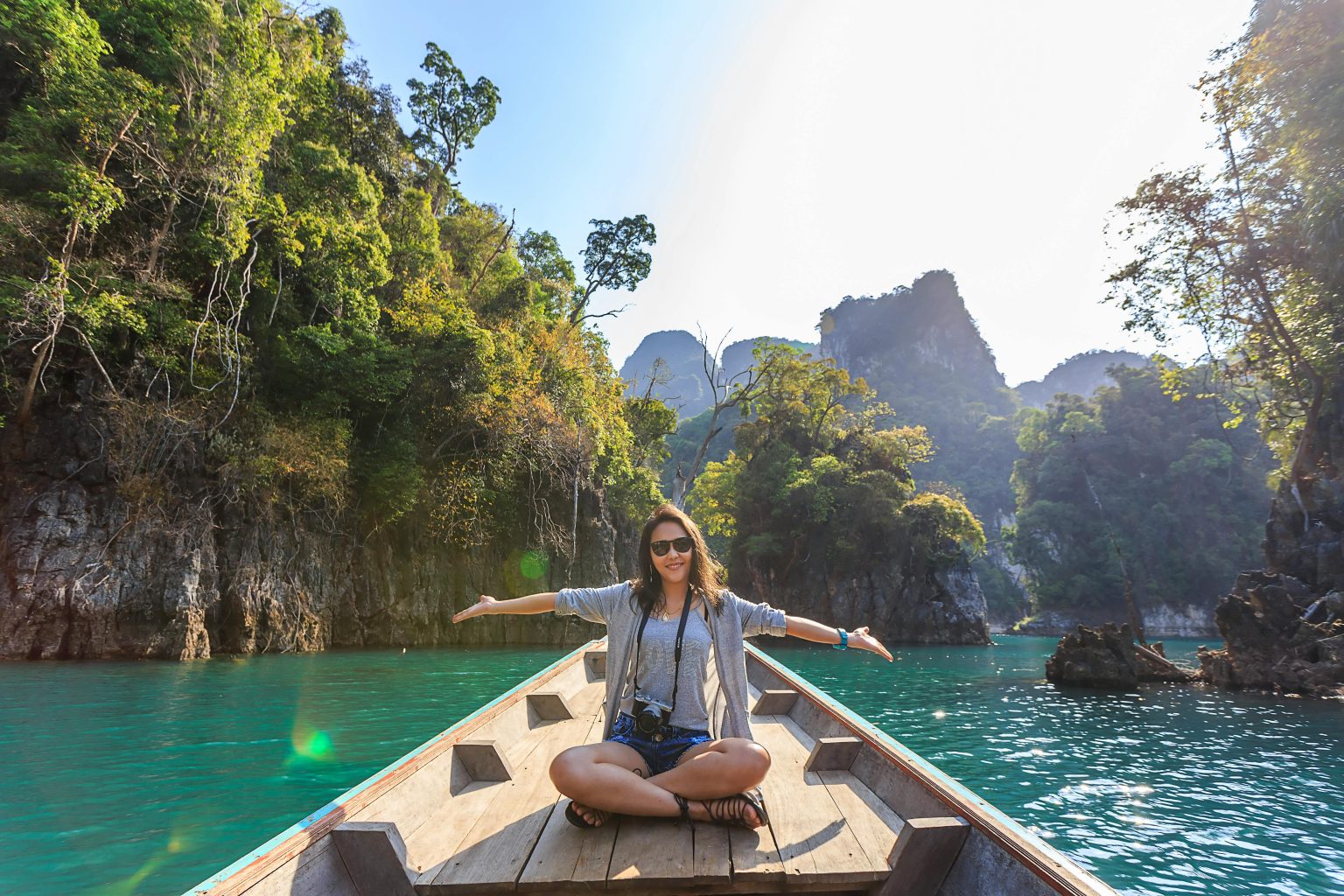From stargazing safaris to digital detoxes and even betting apps on the move, travel in 2025 is less about escape and more about connection: Connection to self, to others and to the weird and wonderful world around us.
The days when travel simply equated to lying on the beach or rushing through a list of sights are over. In 2025, it’s not so much where you go as how you arrive. It’s an era of considered, soulful, sometimes offbeat travel, fuelled by technology, nostalgia, and an insatiable hunger for connection and meaning. As a recently released BBC Travel piece states, seven trends are shaping the way the world travels in 2025, and they all involve slowing down, looking up or digging in, not out.
Sporty escapes, wellness and bets on the go
Wellness is no longer spa robes and green juice anymore. Now it’s pickleball tournaments in Tulum, Alpine yoga festivals in the Alps, or football-themed travel in Europe where you train and watch.
For sports aficionados, there’s also growth in “fan travel”, journeys centred around major sporting events. And in a nice 2025 irony, most are betting in-play with a high-tech wagering betting app while sipping cocktails on roof bars or standing at train stations.
It’s entertainment-cum-travel, a fusion lifestyle that works very well with the need of individuals to continue hobbies on-the-go.
Noctourism: Let the night lead the way
It is night. Seriously night. But overhead? The Milky Way flows like a river of light. That is the essence of noctourism, visiting spots not in the day’s hype, but at the quiet of night.
From gazing at glowworms in New Zealand to strolling the desert under the light of Jordan’s moon, or chasing the aurora borealis in Finland’s Lapland, 2025 travellers are choosing experiences on purpose that build up after dark, according to BBC. Museums are even joining in, staging late-night exhibitions and concerts amidst the starry night sky. There’s something romantic and a touch of rebelliousness to straying out at night when the world is asleep, and humans are gravitating towards it.
Calmcations: The anti-burnout break
If you’ve been experiencing the sensation of your brain having 67 tabs open lately, don’t worry, you’re not alone. That’s why calmcations, vacations specifically designed for un-plugging, are catching on. Unlike your typical holiday, a calmcation is not about “doing” something in particular. It’s about not doing.
Think about Swedish forest huts with no Wi-Fi, Ubud yoga retreats with rooms that are nice and digital-free, or even silent camps where you hand over your phone to reception. It’s not necessarily about spa indulgence and pampering here but about psychological reboot. Travellers are now swapping agendas for contemplation, using vacations as a way of rebooting their nervous systems and recalibrating their souls.
AI-powered adventures
Let’s get real: AI is no longer just in your inbox, it’s now planning your next great getaway. From spontaneous creation of travel itineraries to booking the best local food tours in a few clicks, AI technology is doing the heavy lifting. And shoppers are loving the spontaneity it allows.
Apps are now getting to know your preferences, like whether you enjoy scenic paths or vintage bookshops, and tailoring suggestions accordingly. It’s like having a travel companion who doesn’t sleep or forgets your hotel address.
A few tech-savvy travellers are even using language translation features to engage in complete conversations with the locals, bridging the cultural gap in real-time.
Romance and real connections on the road
Travel in 2025 is also becoming flirty. There’s an observed surge in travellers looking for emotional (and sometimes romantic) engagement while on the go. It’s not dating, it’s about connecting as human beings in an era of disconnection.
They’re opting for more shared-type accommodations too: Wine-night hostels, co-living villas with shared workspaces, or hobby-travel groups focusing on photography or surfing. And romance is also thriving under these stars. Who needs Tinder when you’ve got a Tuscan cooking course or an early morning hike in Patagonia?
The age of the destination impostor
Overcrowded city hubs are so last season. Underrated off-the-beaten-path spots? Extremely hip. Instead of Paris, visitors are going to Lyon or Bruges. Venice? Too touristy, visit Piran in Slovenia instead. The trend is “destination dupes,” and it’s fuelled by the desire for a genuine experience without masses of tourists and premium prices.
Thanks to social media and search engines fuelled by AI, it’s easier than ever to find off-the-beaten-path places that scratch the exact same travel itch. For others of us, it’s about being an explorer again, not just a tourist in a selfie queue.
Nostalgia trips: Flipping out like a 9-year-old
There’s something about reliving one’s youth that communicates in a different way in adulthood. Tour companies are wising up, organising retro road trips, ’90s-themed adult summer camp, and even theme park packages so that millennials can reconnect with the magic of their childhood, sugar crash-free.
Whatever campervan you’re renting, whether the one your parents had, sleeping in treetop houses and shooting Polaroids, nostalgia travel is all about play, comfort, and recalling who you used to be before group chats and deadlines moved in. It’s untroubled, slightly offbeat, and, let’s not kid ourselves, something most of us need.
The big picture: Travel that feeds the soul
Step back, and 2025 travel is really about two things: Connection and curiosity. Whether you’re finding yourself on a quiet retreat, falling in love on an adventure with friends or hollering for your home team while negotiating a Tokyo train station, the commonality is that people are looking for more from their travel: More story, more depth, more meaning.
It’s less about the bragging rights or Instagram now. It’s about coming back from a trip altered, albeit ever so slightly.


